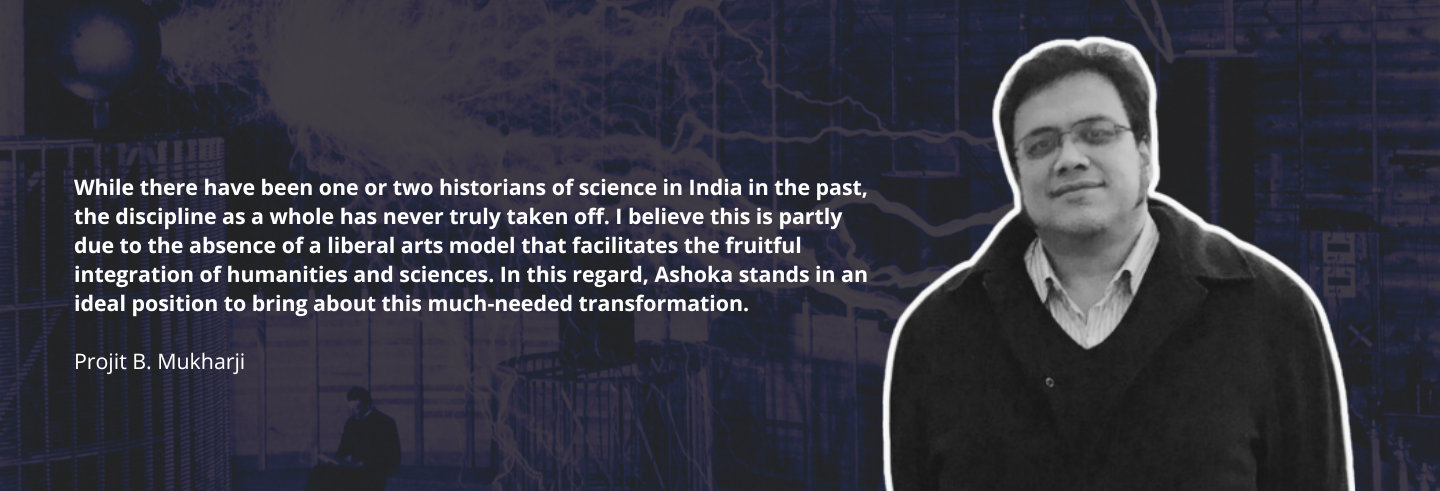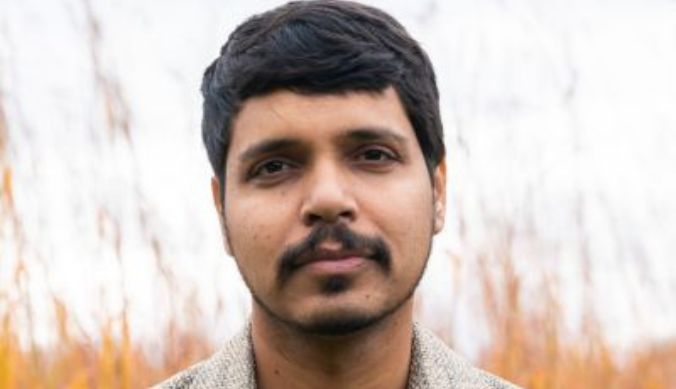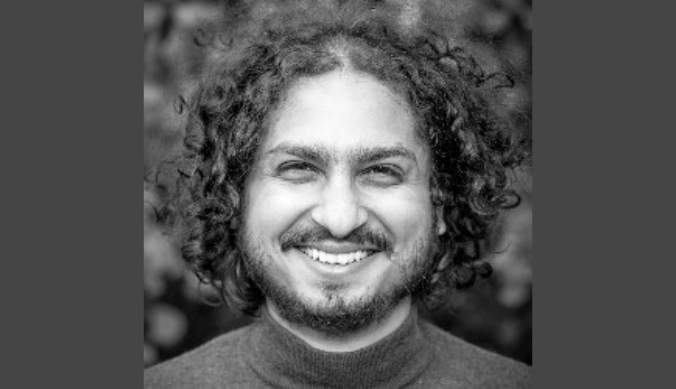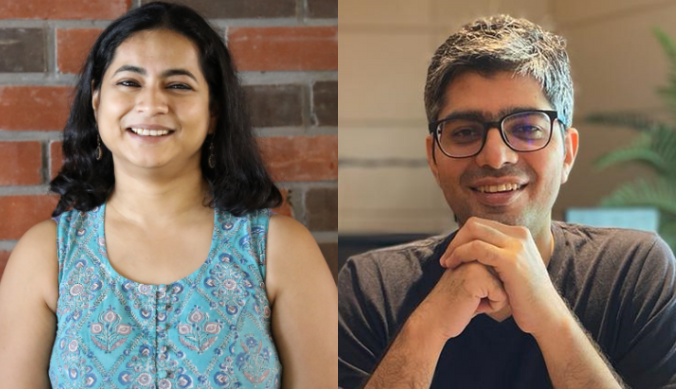Exploring the Intersection of Science and History: In Conversation with Projit B. Mukharji
In this insightful interview with Yukti Arora, Prof. Projit B. Mukharji delves into the fusion of science and history, recounts his journey, discusses forgotten realms of reincarnation research, and outlines his vision for the Department of History at Ashoka University
Could you provide some insights into your professional journey and shed light on what ignited your interest in the histories of science and medicine in modern South Asia?
While in school, I developed a fondness for both science and history. However, upon entering college in 1996, I discovered a lack of viable options for combining these interests. Moreover, science and history seemed, in a way, diametrically opposed. Science appeared to be a static entity; once discovered, final and impervious to historical influence. So the history of science, if ever mentioned, became a list of names and dates of discoveries—useful only for quizzes and little else.
What intrigued me, however, was precisely the historicality of scientific knowledge. Why were certain discoveries only made at certain times and at certain places? Why did a truth once considered absolute become obsolete with a subsequent revelation? On a broader scale, I questioned how society, culture, and politics shape scientific knowledge.
What sparked your interest in becoming a researcher, and how did you decide to specialise in History?
My journey into research was sparked by the scholarly legacy of my grandparents who held university degrees and valued intellectual pursuits. Their influence, coupled with the guidance of charismatic teachers like Prof. Gautam Bhadra, Prof. Majid Hayat Siddiqi and Prof. David Arnold, shaped my path. My maternal grandfather’s maxim, “Swadeshe pujyate raja; vidhwan sarvata pujyate” underscored the universal honour accorded to scholars.
Initially drawn to Philosophy to blend my interests in science and society, I found its extreme abstraction unsatisfying. A pivotal moment came when a friend recommended Michael Foucault’s work, leading me to history—a discipline offering concrete exploration of questions about knowledge, scientific conclusions, and social contexts.
Could you kindly recount any captivating anecdotes from your experience, whether they be eye-openers, challenges, or interesting insights?
Well, here is an eye-opener: I was interested in how British imperialism might have shaped the great scientific achievements of the 19th CE. For this, I thought I would look at Charles Darwin’s papers. I was surprised to find that his ideas about the role of “sexual selection” in evolution had been deeply shaped by his associations with British India. Though he had never come to India, his ideas were deeply moulded by reports of bird-fighting in India. He received these reports first through his own grandfather, Erasmus Darwin’s acquaintance with Persian poetry, second, by his own fascination with Lord Byron’s poetic romances set in the Orient and, finally, by actual reports sent to him by friends stationed in India narrating how elite Indians like Nawab Wajid Ali Shah of Awadh patronised bird-fights as entertainment. Everyone who reads Darwin attends to his arguments and conclusions, but looking closely at his evidence and his interpretation and asking how he arrived at them, revealed to me the extent to which the British Raj and one specific cultural feature of it, vis. bird-fighting had shaped one of the intellectual giants of modern science.
Could you elaborate on your current research area and discuss the importance you place on conducting interdisciplinary research in your work?
I am currently engaged in two research areas. The first explores how human genetics is reshaping our understanding of human diversity, particularly in the reimagining of social differences as biological distinctions. This work culminated in a finished monograph titled Brown Skins, White Coats: Race Science in India, 1920-66 (University of Chicago Press, 2023).
The second project, for which I was recently awarded the prestigious Guggenheim Fellowship, delves into a forgotten 1950s and 60s initiative to scientifically explore claims of reincarnation. This endeavour, conducted at Indian universities with international collaborations, especially with the Soviet Union, aimed to radically redefine the concept of “science” for a newly independent India.
While my initial interest in the history of science stemmed from curiosity, what has sustained my commitment is the belief that the influence of science in modern societies is too vast to be confined to scientists alone. The recent pandemic highlighted how scientific matters quickly transcend into realms of politics, economics, culture, religion, and justice. While scientists excel in developing vaccines, decisions on vaccine production, public persuasion, and the delicate balance between religious rituals and contagion risk require a blend of scientific and societal expertise. This, I believe, goes beyond mere interdisciplinarity; I see it as transdisciplinary work. The term “interdisciplinarity” often becomes a hasty amalgamation of ideas, neglecting fundamental methodological differences. True interdisciplinary collaboration takes time to develop. Transdisciplinarity, in my perspective, acknowledges and respects the unique methods and standards of each discipline, recognising that sometimes these methods may not align seamlessly. In essence, my work is transdisciplinary, navigating the intricacies of diverse disciplines rather than hastily combining them.
Could you elaborate on the impact or importance of your research?
Reiterating, I believe that science rightfully holds a privileged role in modern societies. But since both contemporary science and contemporary societies are complex, multifaceted entities, we need to develop specialised expertise in studying their interactions. In this context, history provides a range of insights not only about how science shapes society but also how specific societies shape distinct forms of science–either enabling or impeding particular discoveries and insights. This is what I hope my work does–emphasising the significance of unravelling the interplay between science and society.
How do you view the impact of academia in moulding the narrative surrounding science and medicine?
The History of Science and the related field of Science Technology Studies can play a multifaceted role in shaping the discourse around science and medicine. First, it can help us craft better science policies to foster innovation and scientific breakthroughs. Second, it can make science itself less technocratic and more democratic and responsive to social needs. Third, it can illuminate more effective and equitable ways of applying science to social needs. Since charity begins at home, most immediately, I believe that at a liberal arts university like Ashoka, it can be the bridge that connects the sciences and the humanities, helping us transcend the so-called ‘two cultures problem’ that divides academia.
How do you perceive the current challenges and opportunities in the field of the history of science in South Asia?
I believe that many individuals in South Asia still hold an asocial and ahistorical conception of science, viewing it simply as the pursuit of truth with everything else categorised as false. The nuanced relationship between society and science often goes unrecognised. Additionally, there is a prevailing perception that the humanities contribute little directly to scientific endeavours. Discussions of interdisciplinarity typically emphasise a one-way street where science enriches the humanities, rarely the reverse. The early tracking system in our schools that forces people to choose between “science”, “humanities”, “commerce” etc. also aggravates this situation. The primary challenge lies in convincing people that science is far more than a binary of true and false; it is intricately shaped in myriad ways by the society in which it is born and applied.
How will Ashoka support you in your professional journey, and finally, could you share your vision and plans for the department’s future?
After nearly twenty years abroad, I returned to India. As a tenured full professor at one of the top Ivy League universities, many would argue I was in an ideal position in my career, perhaps even in a culmination of it. However, for me, the decision to return to India was fueled by a desire to contribute to building the field here. While there have been one or two historians of science in India in the past, the discipline as a whole has never truly taken off. I believe this is partly due to the absence of a liberal arts model that facilitates the fruitful integration of humanities and sciences. In this regard, Ashoka stands in an ideal position to bring about this much-needed transformation.
I am currently in the History department, which is already recognised as one of the foremost departments in the country. However, my vision extends beyond national boundaries—I aspire to elevate our department to global prominence. To achieve this, I believe we must break away from the traditional framework that has defined History departments in India. To be truly global, we cannot solely focus on Indian history. In top-tier foreign universities like Cambridge or Harvard, History departments encompass specialists covering diverse parts of the world. We should adopt a similar approach. Just as American departments teach Indian or African history, we should offer courses on American or British history to contribute to the rich global tapestry of historical knowledge.
In the long run, I would love to see more opportunities for pursuing the History of Science at Ashoka. In the US and Europe, the History of Science is a distinct department with its own professional association, independent of general History departments. Starting next year, I will be the co-editor of the main professional journal for this association, and its office will be based in Ashoka. This positions Ashoka to become a hub for exploring ways to provide greater exposure to the discipline for our students.
(Interview conducted by Dr Yukti Arora, Senior Manager, Academic Communications, Research and Development Office, Ashoka University)
Study at Ashoka















